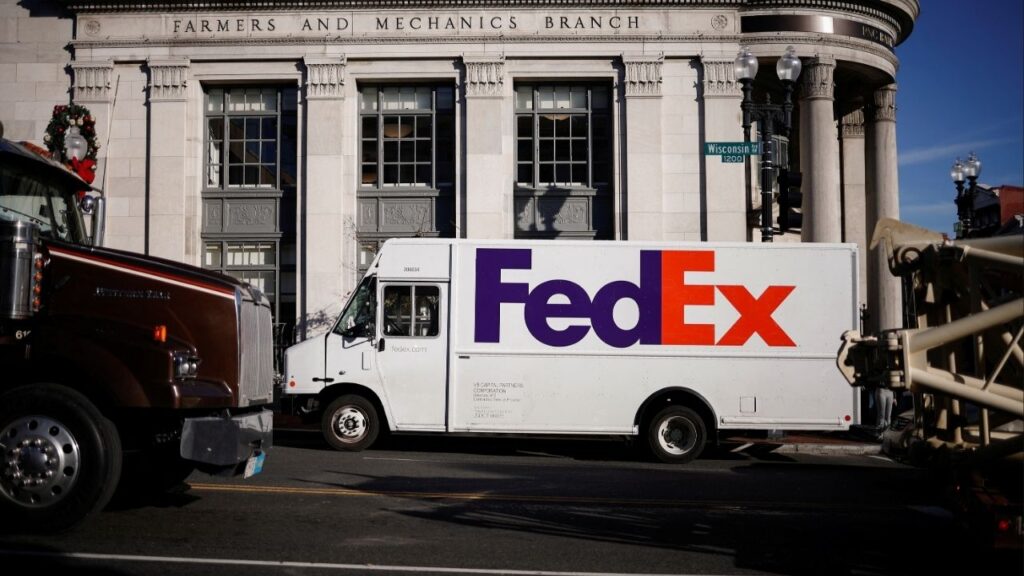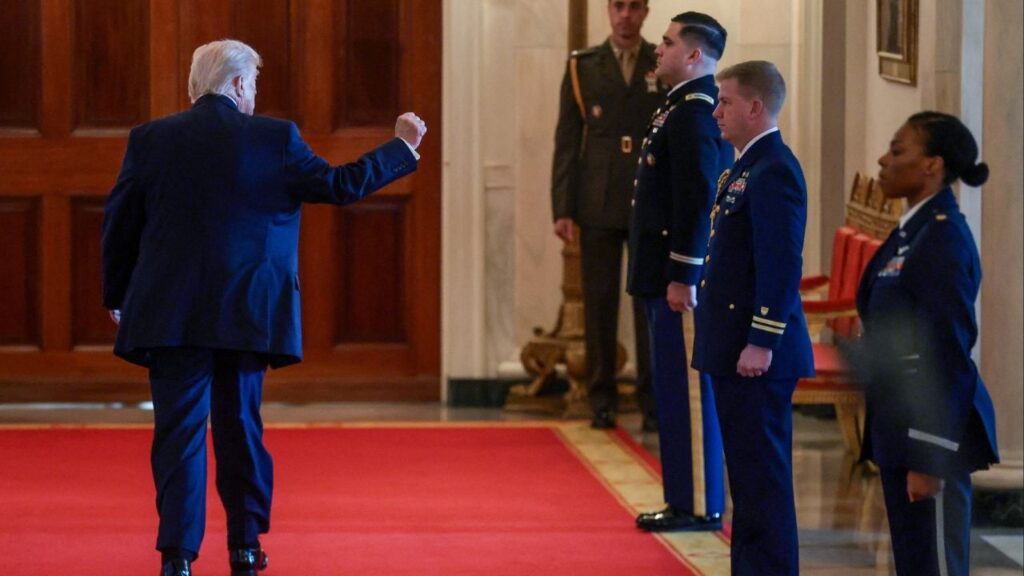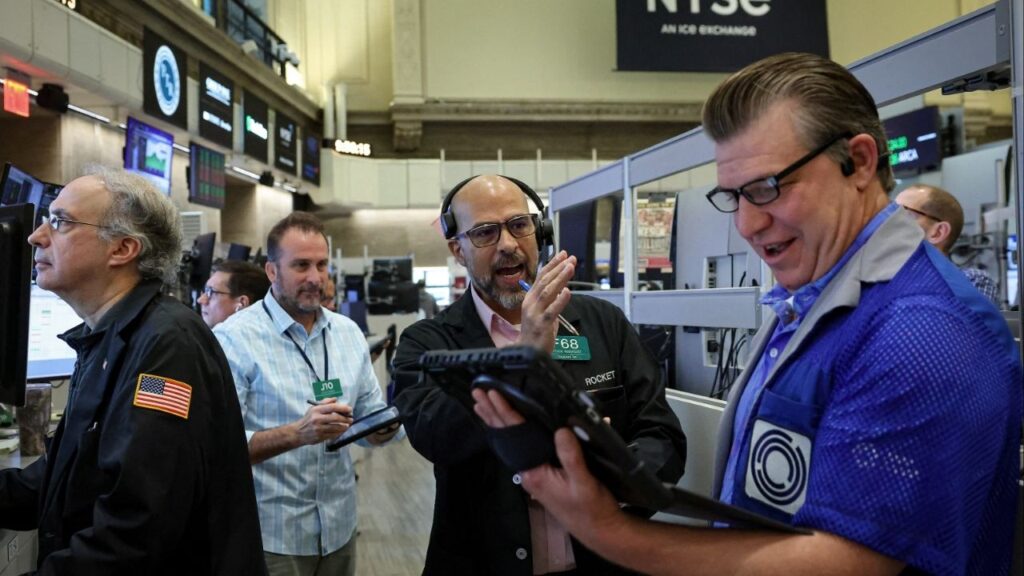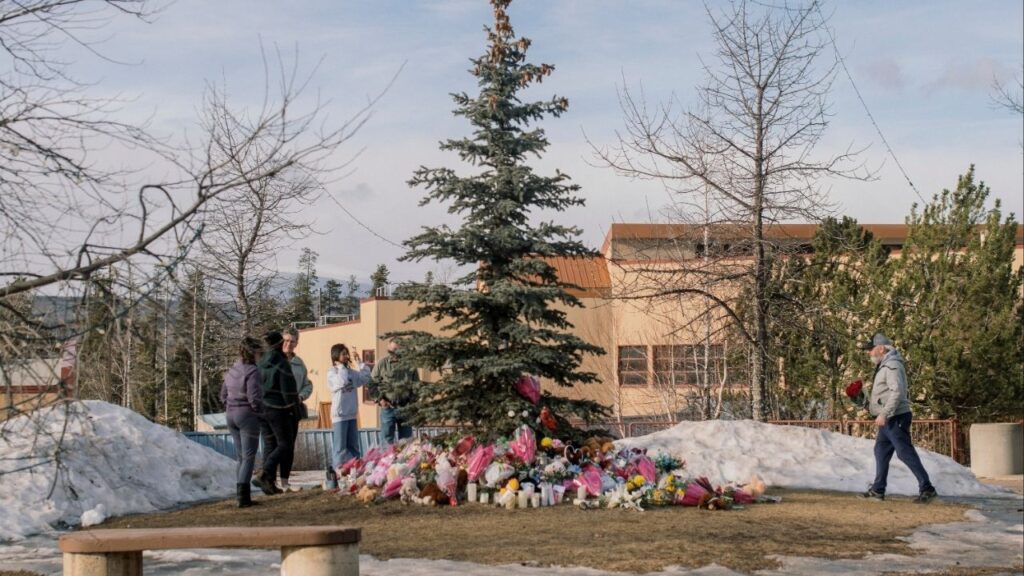Share
FALLS CHURCH, Va. — A Muslim civil rights group called for a congressional investigation Wednesday after its lawsuit revealed that the U.S. government has shared its terrorist watchlist with more than 1,400 private entities, including hospitals and universities.
The Council on American-Islamic Relations said Congress should look into why the FBI has given such wide access to the list, which CAIR believes is riddled with errors. Broad dissemination of the names makes life more difficult for those who are wrongly included, CAIR says. Many on the list are believed to be Muslim.
An FBI spokeswoman had no immediate comment Wednesday.
The council filed a class-action lawsuit in 2016 challenging the list’s constitutionality and saying those wrongly placed on it routinely face difficulties in travel, financial transactions and their dealings with law enforcement.
In response to the lawsuit, a federal official recently acknowledged in a court filing that more than 1,400 private entities received access to the list.
For years, the government had insisted that it did not generally share the list with private organizations.
The watchlist, which contains hundreds of thousands of names, is supposed to include only known or suspected terrorists. Critics say it is wildly overbroad and mismanaged. The government’s smaller no-fly list is culled from the watchlist.
Exact Number on Kept Secret by Government
A hearing is scheduled in federal court for Friday on CAIR’s request that the government now detail exactly which entities have received access to the names. CAIR also wants to know what private organizations are doing with the watchlist information — whether, for example, it is influencing universities’ admissions decisions or is being used by hospitals to screen would-be visitors.
In depositions and in court hearings, government officials had denied until very recently that the watchlist compiled by the FBI’s Terrorist Screening Center is shared with private entities. At a hearing in September, government lawyer Dena Roth told U.S. District Judge Anthony Trenga that the Terrorist Screening Center “does not work with private partners, and that watchlist status itself … is considered law enforcement sensitive information and is not shared with the public.”
In response to the judge’s order, TSC Deputy Director of Operations Timothy Groh filed a statement earlier this month acknowledging that 1,441 private entities have received permission to access the watchlist.
Groh said those entities must be in some way connected to the criminal justice system. He cited police forces at private universities, hospital security staff and private correctional facilities as examples.
He said private groups are expected to abide by a detailed set of rules designed to ensure the list is used properly. It is not clear what those restrictions are.
The exact number of people on the list is kept secret by the government, but it acknowledged in an earlier lawsuit that it adds hundreds of thousands of names every year. It also emphasized that names are routinely removed.
Faiza Patel, a director at the New York University law school’s Brennan Center for Justice, said the government’s willingness to share the list with private organizations is problematic because the list has so many people who are wrongly included in the database.
“When you tag someone as a terrorist it can have serious consequences for people,” she said.
Categories
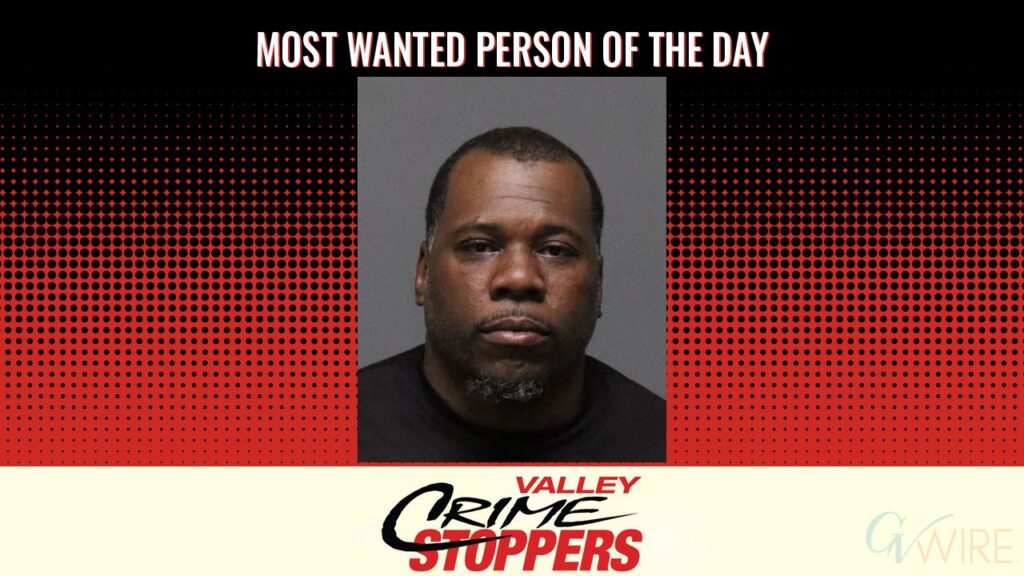
Valley Crime Stoppers Seeks Domestic Violence Suspect

US Consumer Confidence Improves in February

Pentagon Races to Spend $153 Billion in Added Funds for Military
